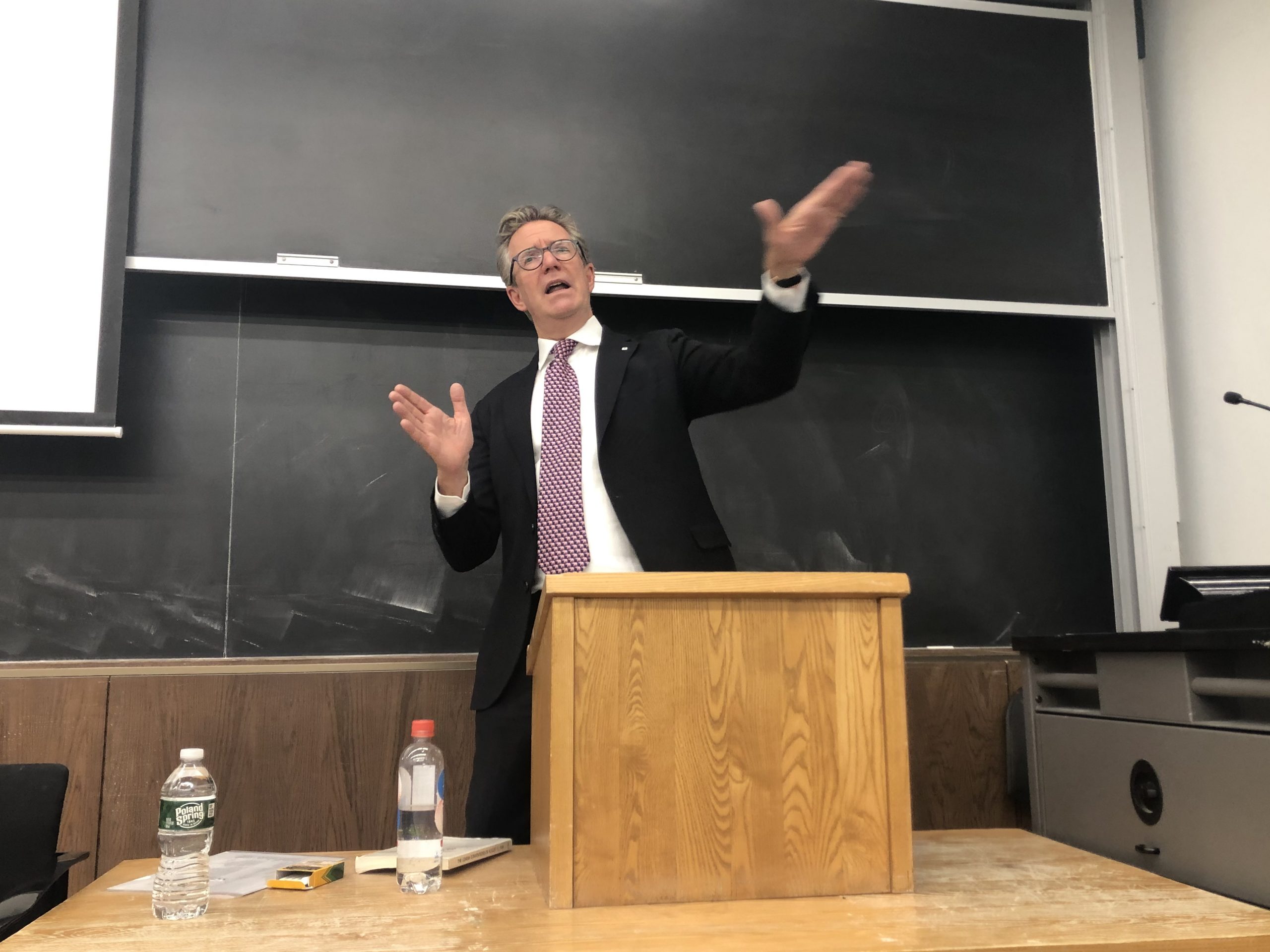
The Legacies of ‘Never Again’: Genocide Prevention Activism
By: Jalileh Garcia, Staff Writer for Rights Views
Every year in the month of December, the Historical Dialogues, Justice, and Memory Network holds a conference where scholars and practitioners share their scholarship and experiences in the field of historical dialogue.
This year’s theme was “Prevention Activism: Advancing Historical Dialogue in Post-Conflict Settings.” The event’s theme sought to understand how to address and redress the violent past in order to prevent ethnic and political conflicts in the future. The conference took place December 12-14 at Columbia University.
On Saturday, December 14, Mark Wolfgram from the University of Ottawa opened the event “Uses of History in Genocide Prevention II” by stating that the panelists would speak about their experiences and expertise in different countries and on distinct thematic issues that addressed how to ensure non-recurrence of genocides and mass atrocities through prevention activism, or the effort to record, acknowledge, address and redress the violent past.
Ilya Nuzov, the Eastern Europe and Central Asia Desk Director at...

